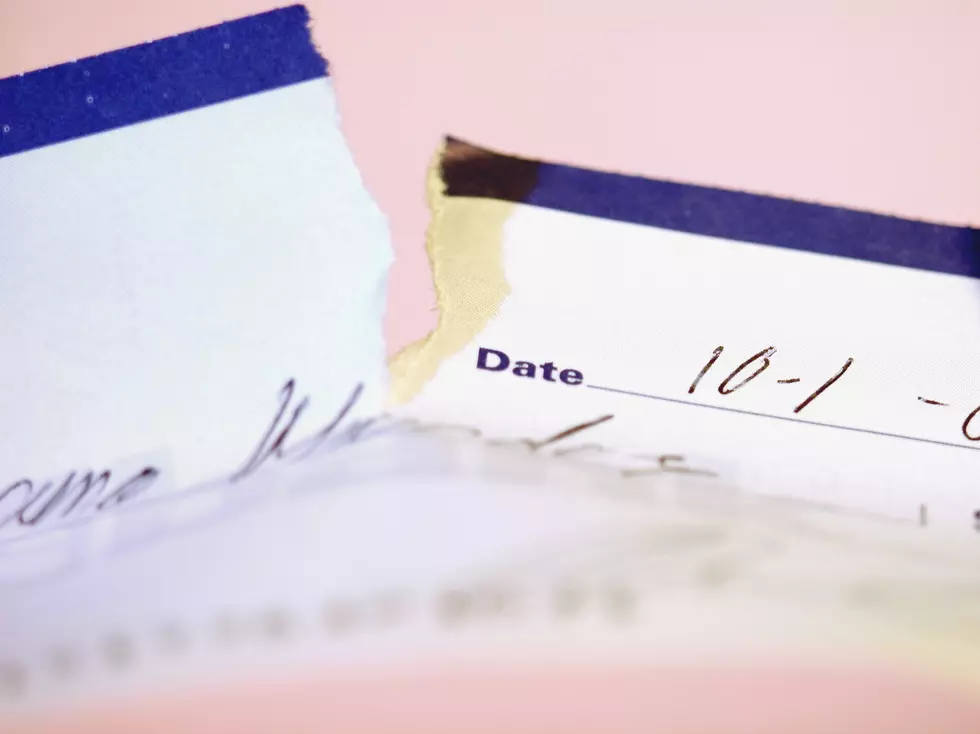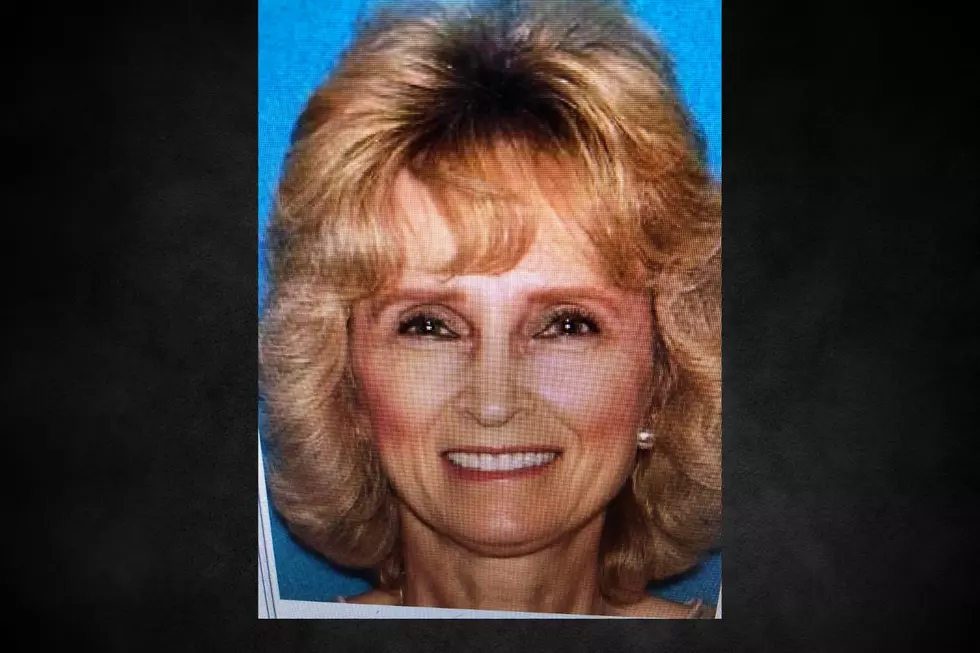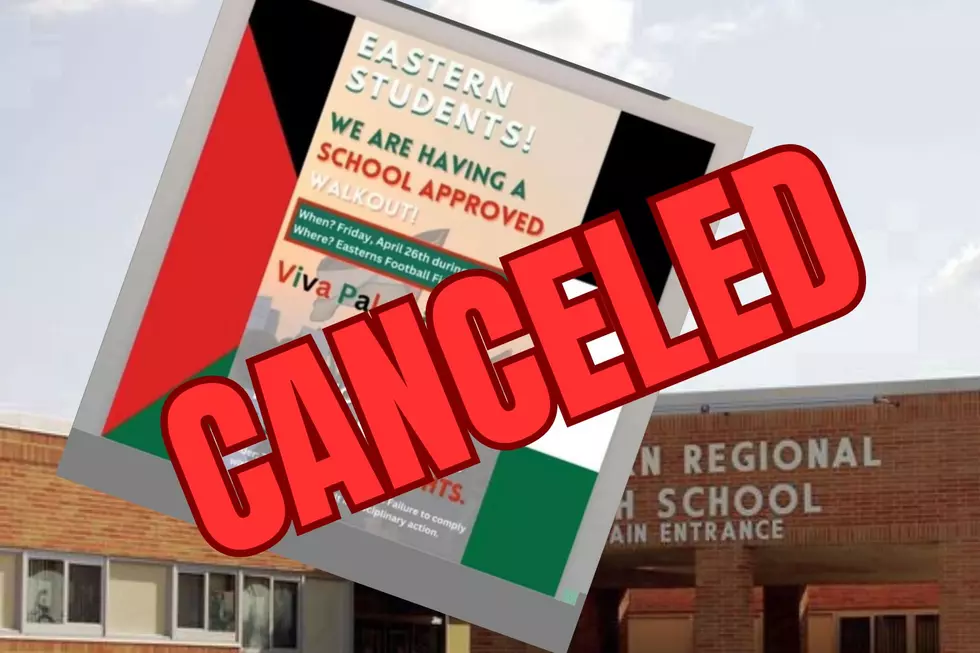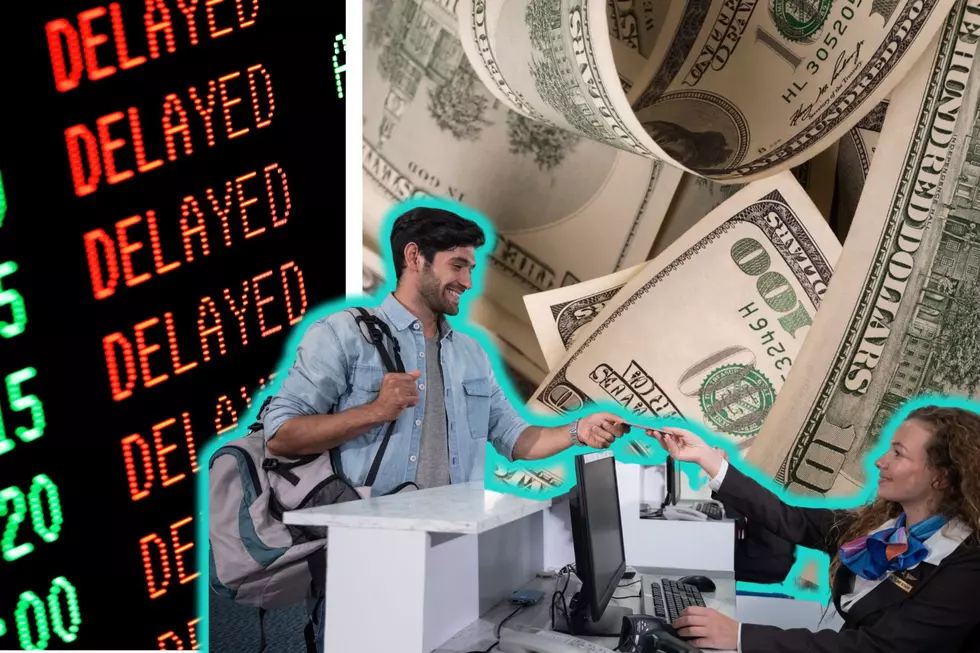
NJ bans unsolicited checks starting Jan. 1
You may have gotten unsolicited checks in the mail in the past, but if you get one anytime after Jan. 1, 2016 the company that sent it would be breaking a new law.
The law will make it illegal to mail unsolicited checks that automatically enroll consumers in costly programs once the check is cashed.
An assemblyman drafted the legislation (A-625) after a constituent showed him an unsolicited $8.25 check. If it had been cashed the person would have been automatically signing up for a roadside assistance program that costs $15.99 per month.
"These so-called free money offers are at their best deceptive and, at their worst, downright dishonest," said Assemblyman Paul Moriarty (D-Turnersville) in an emailed statement. "Right now, consumers are at their most vulnerable to fall for a scheme that appears to offer them instant cash but would end up costing them much more in the long-run."
The law only targets unsolicited checks that enroll the casher in a program that costs them money so New Jerseyans could still get certain checks. The exceptions include:
- Checks mailed in response to a request or application for a check or account;
- Substitutes for checks or accounts previously issued to the person; and
- Checks elated to a consumer credit transaction or consumer loan issued by certain types of financial institutions.
State Sen. Jeff Van Drew (D-Cape May Court House) was the prime sponsor of the bill in the Upper House. He said he had a real problem with unscrupulous companies duping unsuspecting people into signing up for something they didn’t ask for or want.
“It’s wrong and it puts people in an unfortunate position so we felt that’s something that shouldn’t be legal and we’re glad to see that it won’t be starting in 2016,” Van Drew said. “Whenever you get something in the mail before or after the law takes effect you should be very careful and you shouldn’t sign your name to anything without fully understanding what it is.”
Any person or company who violates this law would face a fine of $500 for the first violation and $1,000 for each subsequent violation. Van Drew suggested that anyone who receives an unsolicited check should contact the Division of Consumer Affairs in the State Attorney General’s Office. 609-292-4925.
Kevin McArdle has covered the State House for New Jersey 101.5 news since 2002. Contact him at kevin.mcardle@townsquaremedia.com. Follow him on twitter at @kevinmcardle1.
More From New Jersey 101.5 FM









